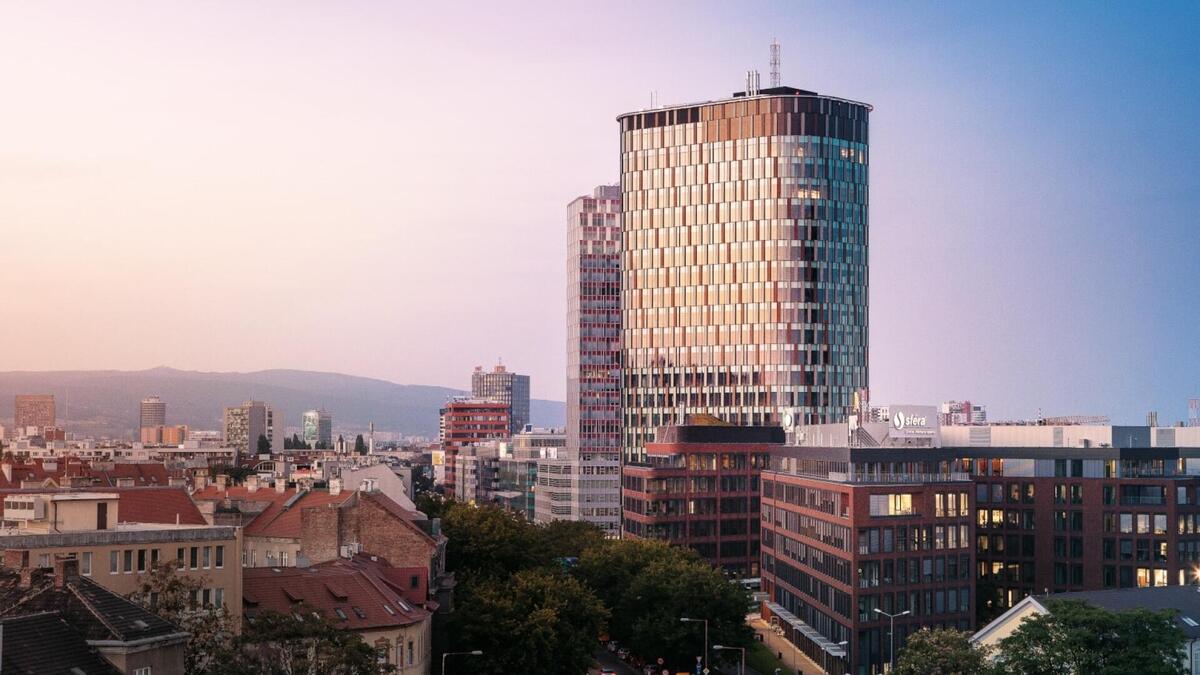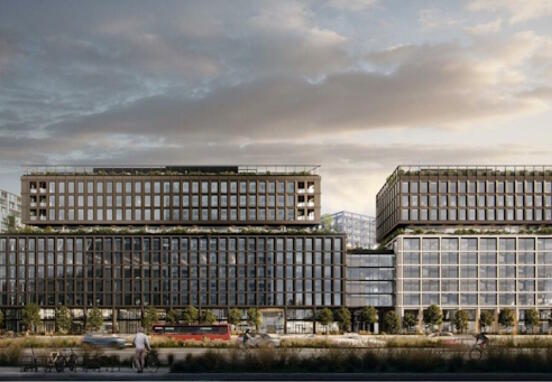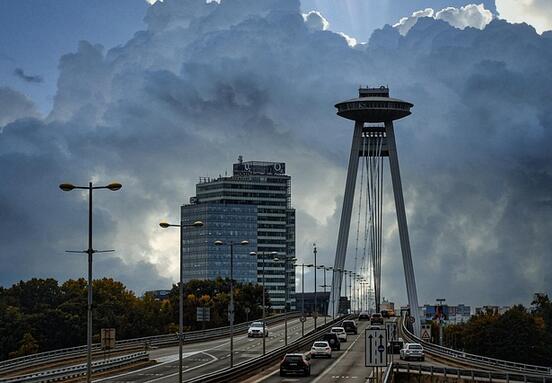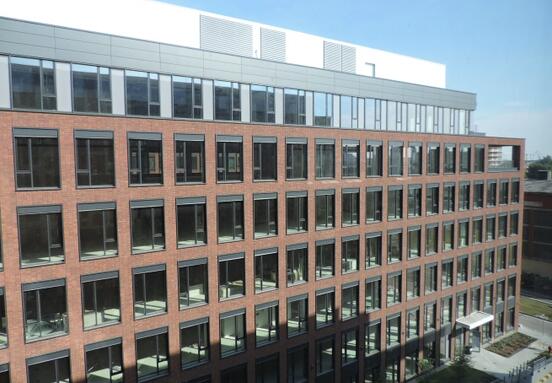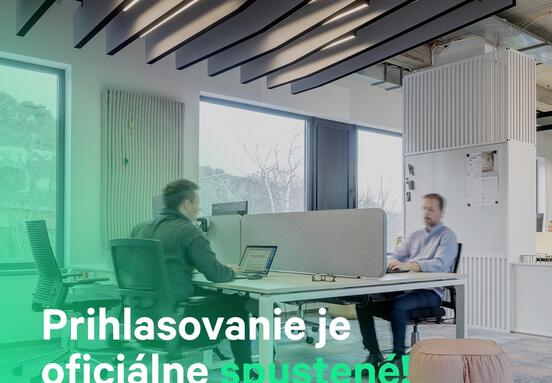This market has developed most dynamically in Central and Eastern Europe. This is also reflected in the latest report from the global real estate consulting company CBRE. It includes results from 12 countries in the region, including Slovakia, with a total of more than 643,000 square meters of flexible workspace. Another 85,000 square meters should be added over the next two years.
London leads
According to the company's findings, most of these spaces are in London, where they account for almost six percent of the total number of offices. There are slightly fewer in continental Europe, at two percent. Poland (the capital Warsaw and the city of Kraków) led the number of transactions in 2020, and one transaction also took place in the neighboring Czech Republic, specifically in Prague.
Numbers of employees
Despite the fact that the flexible way of working was not so preferred in Slovakia, the director of the lease of CBRE Slovakia office space Oliver Galata expects changes in the future. Experiences with a pandemic can influence the future thinking of companies from different areas of business. However, it assumes that such changes should primarily affect smaller companies, which need to either flexibly reduce or, conversely, increase their staff numbers seasonally.
Prospective market
The largest providers of flexible workspaces in Slovakia are in the capital. The total area of Slovak coworking spaces is 35,200 square meters, not a single one is currently under reconstruction. In the part of its report concerning Slovakia, the consulting company CBRE points out that this market is very interesting in our country and offers many attractive spaces. The average coworking space in Bratislava offers 185 jobs for rent. The market for flexible workspaces in Slovakia began to develop in 2016.
The largest such space, in terms of the number of jobs, is currently the Nivy Tower building, which is also the newest. The company's experts also talk about an interesting balance in our market. The reason is that up to 88 percent of providers of such premises are domestic companies, while the remaining 12 percent of owners are from other parts of the region of Central and Eastern Europe.
An interesting finding is the fact that there is currently only one provider of flexible space in Slovakia, which is independent. The remaining 95 percent of these spaces are those supported by the landlords themselves.
Source: // Trend Reality
